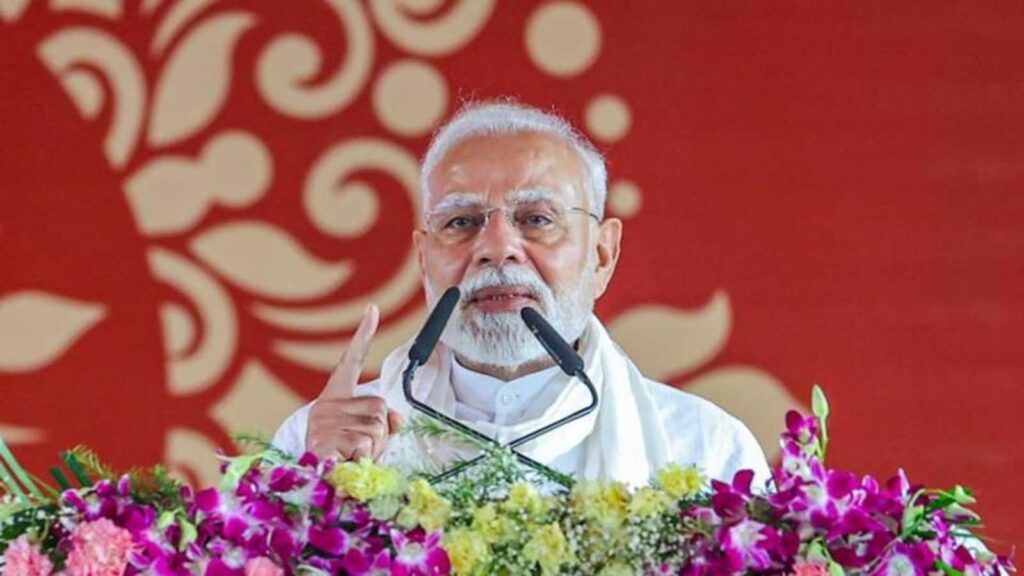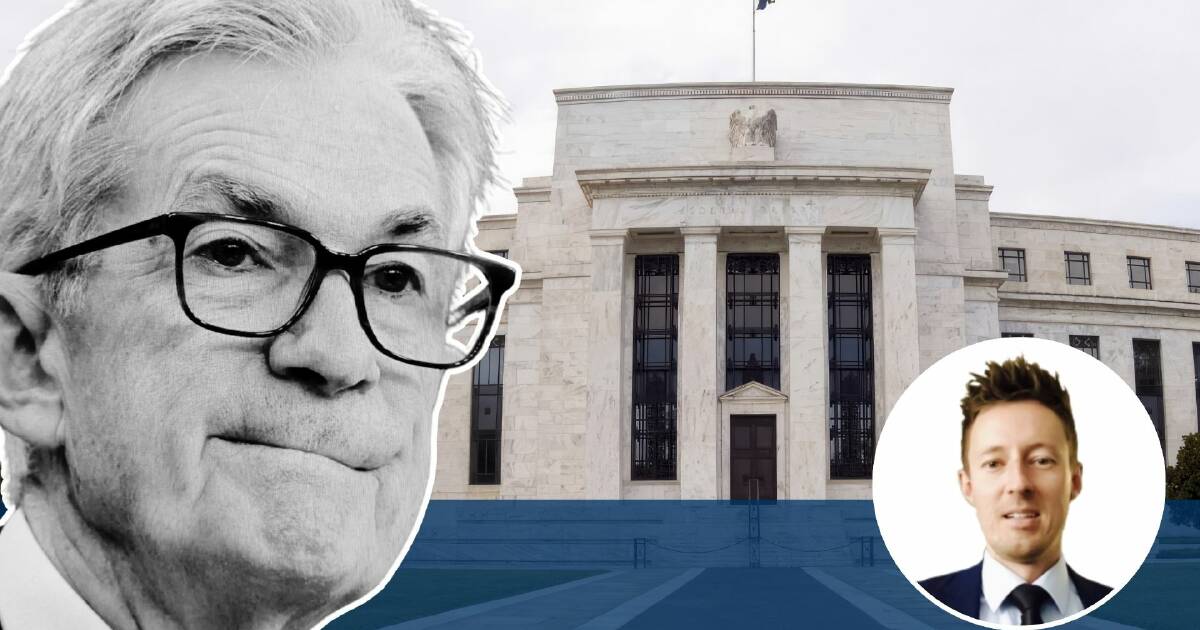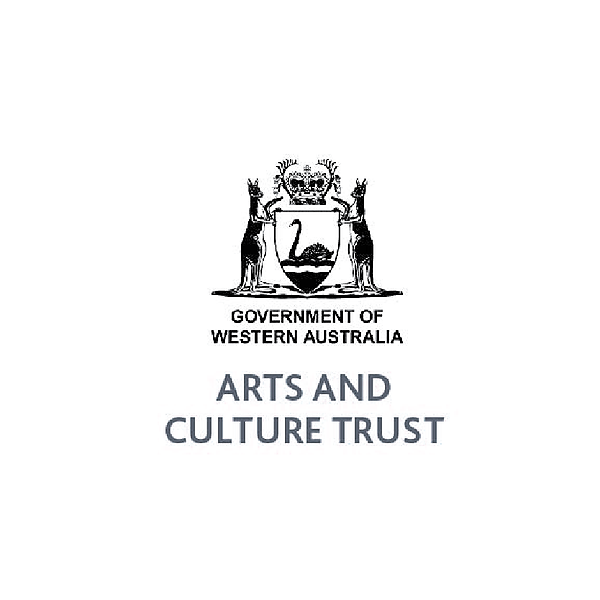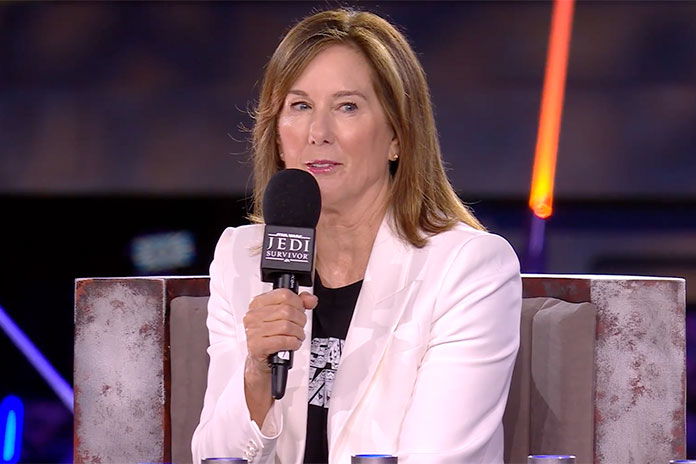
Prime Minister Narendra Modi on Saturday urged Indian citizens to embrace the spirit of “swadeshi” by supporting locally made products. This call to action comes in response to the recent imposition of a 25% tariff on Indian goods by US President Donald Trump. Modi emphasized that promoting indigenous goods is a true service to the nation, especially in the face of global economic uncertainties. Addressing a gathering in Varanasi, Modi highlighted the need for India to focus on its economic priorities as it aims to become the world’s third-largest economy.
The announcement follows Trump’s decision to levy tariffs on India and impose unspecified penalties for purchasing Russian oil. The US-India trade talks have stalled over issues such as agricultural access, with India resisting American demands to open its labor-intensive farming sector to foreign imports. In a 55-minute speech, Modi also referenced India’s military strength, citing Operation Sindoor as a demonstration of the country’s resolve against terrorism.
Economic Context and ‘Swadeshi’ Push
Modi’s remarks in Varanasi were made during a public meeting where he laid the foundation for development projects worth approximately ₹2,200 crore. He also distributed the 20th installment of the PM Kisan Samman Nidhi, totaling ₹20,500 crore, to over 97 million farmers nationwide. The prime minister underscored the importance of supporting local industries, stating, “The welfare of farmers and small industries is paramount, and the government is making every possible effort in this direction.”
He urged citizens to adopt the mantra of “Vocal for Local,” encouraging them to consider whether their purchases are made by Indian hands. “Whatever we buy, we should ask ourselves—has an Indian toiled to make this? If it has been made by the sweat of our people, with their skills, that product is swadeshi for us,” Modi said.
Global Trade Tensions and Implications for India
Trump’s executive order on tariffs affects 69 trading partners, with rates as high as 50% for Brazil and 35% for Canada. The new tariffs, effective August 7, pose a significant challenge for India, which exports $86.5 billion worth of goods to the US, maintaining a surplus of $41 billion. Although electronics, pharmaceuticals, energy products, and critical minerals are exempt from additional tariffs, analysts predict a substantial impact on India’s export sector.
India now faces higher tariff rates than regional competitors such as Thailand, Indonesia, and Malaysia, which are set for 19% duties. This development could potentially weaken India’s position as a preferred sourcing destination for US companies. However, industry experts suggest that some Indian goods might initially avoid the higher duties due to exemptions.
Political and Military Assertions
During his first visit to Varanasi since Operation Sindoor, Modi reflected on the global economic landscape and urged Indians to prioritize domestic products during the upcoming festival and wedding seasons. He recounted how many citizens altered their wedding plans to remain within India following his previous appeals.
Modi also criticized the Congress party for allegedly undermining the valor of the armed forces, particularly in relation to Operation Sindoor. “Can ‘Sindoor’ ever be a joke? They dared to insult the sacred mark of our sisters and the valor of our soldiers,” he said, referencing the operation that targeted terrorists responsible for the Pahalgam attack.
The prime minister took a firm stance against Pakistan, warning that any aggression would be met with a strong response, including the use of BrahMos missiles manufactured in Uttar Pradesh. “If Pakistan dares to repeat its mistakes, missiles made in UP will wipe out terrorists,” Modi declared.
Looking Ahead: Economic and Strategic Priorities
As India navigates the complexities of global trade and regional security, Modi’s emphasis on “swadeshi” reflects a broader strategy to bolster national self-reliance. The prime minister’s call for a collective effort to promote indigenous goods is seen as part of a larger vision for a developed India, aligning with the ideals of Mahatma Gandhi.
With the economic landscape in flux, India’s focus on strengthening its domestic industries and defense capabilities remains a priority. As the country seeks to balance its economic aspirations with geopolitical challenges, Modi’s message of self-reliance and national pride continues to resonate across the nation.







